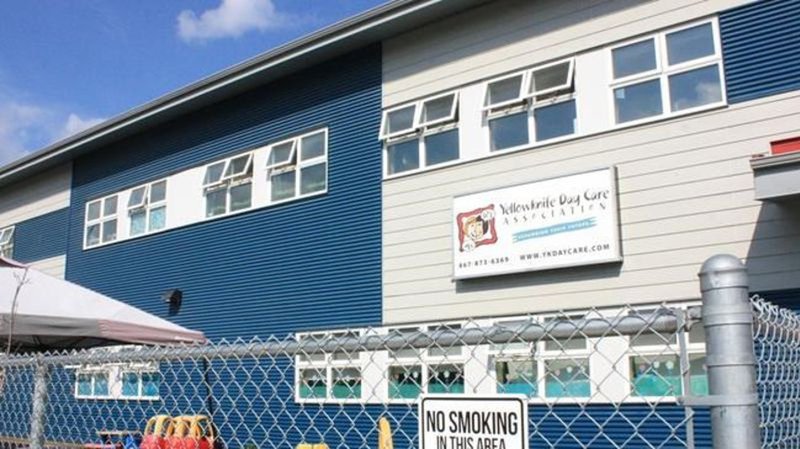
N.W.T. child-care providers ‘trying to be optimistic’ about $10-a-day deal
YELLOWKNIFE — Early learning and child-care providers in the Northwest Territories say they are hopeful more support is coming following a rocky initial rollout of federal funding in the territory.
The N.W.T. government signed a $51-million, five-year child-care agreement with the federal government in December with the aim of halving fees and creating 70 new spaces by the end of 2022. The territory plans to reach the $10-a-day mark and create 230 more spaces by 2026.
But after the territory implemented a child-care fee reduction subsidy for parents and guardians in April, several providers expressed concerns about stipulations associated with that funding, such as fee-increase caps. They also said the subsidy failed to address staff shortages and the lack of available spots, which they said should be the priority.
“It made us feel very unheard,” said Yvette Cooper, who operates a day home in Yellowknife.


